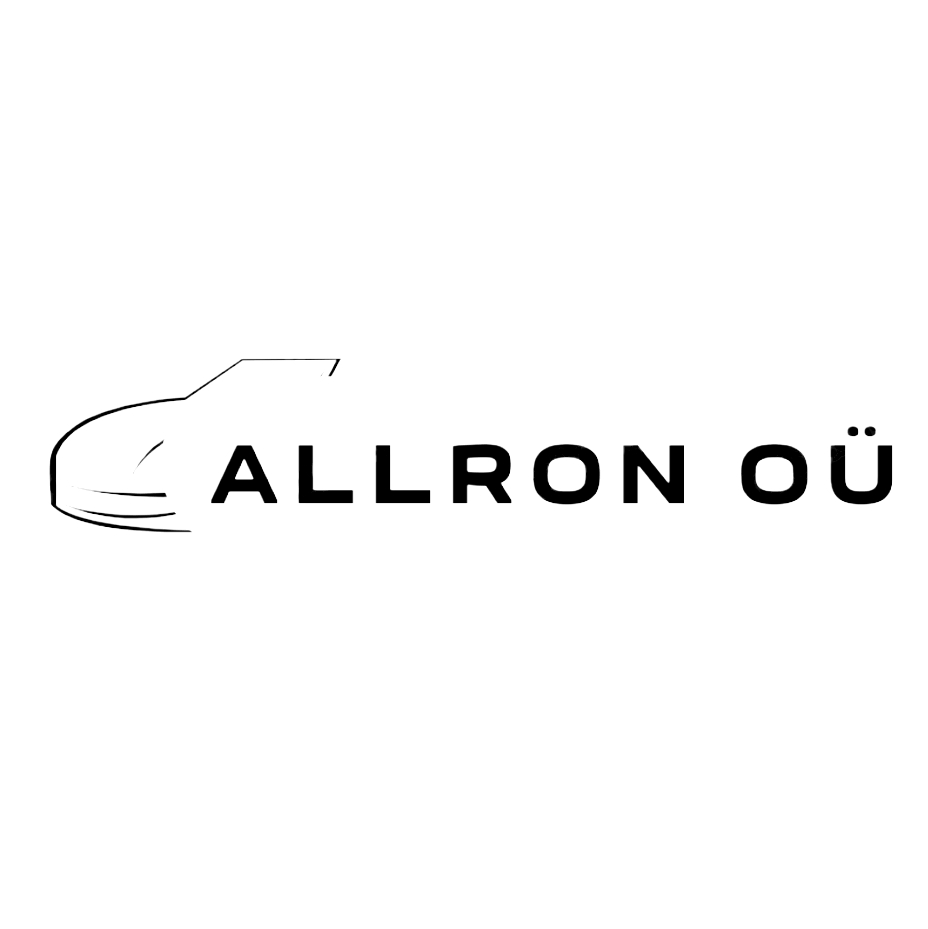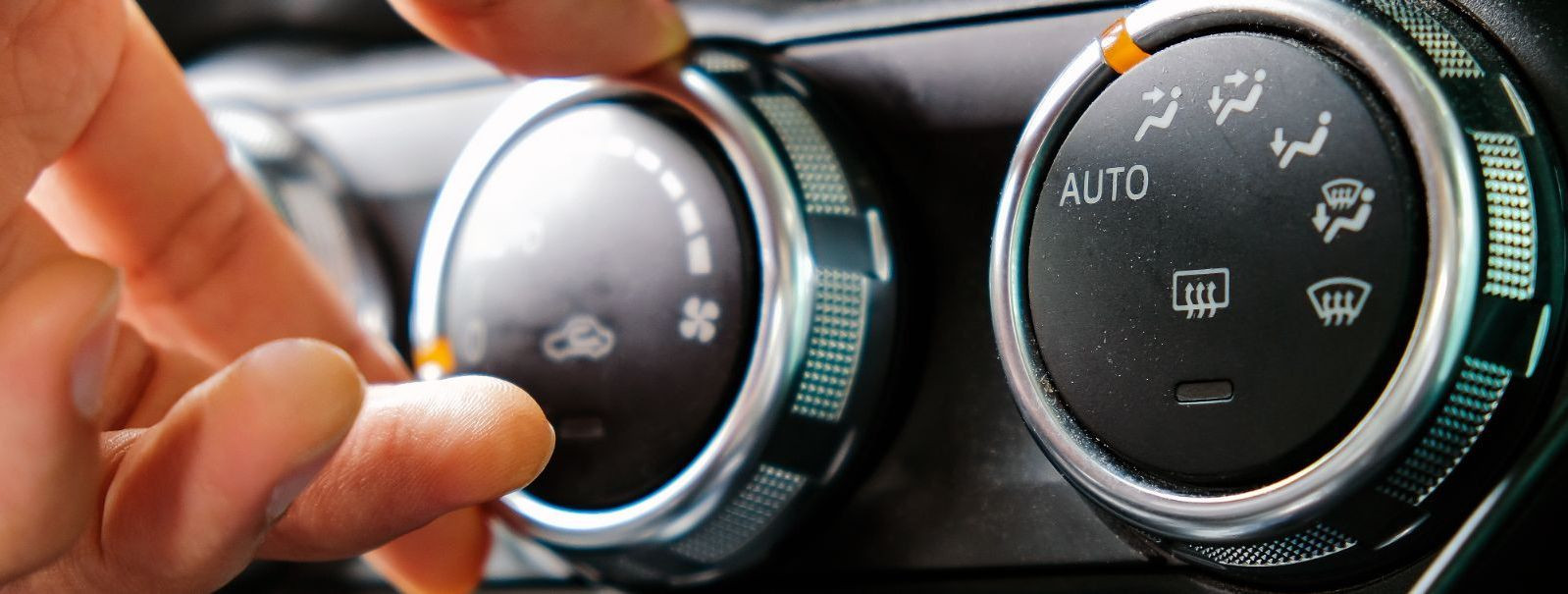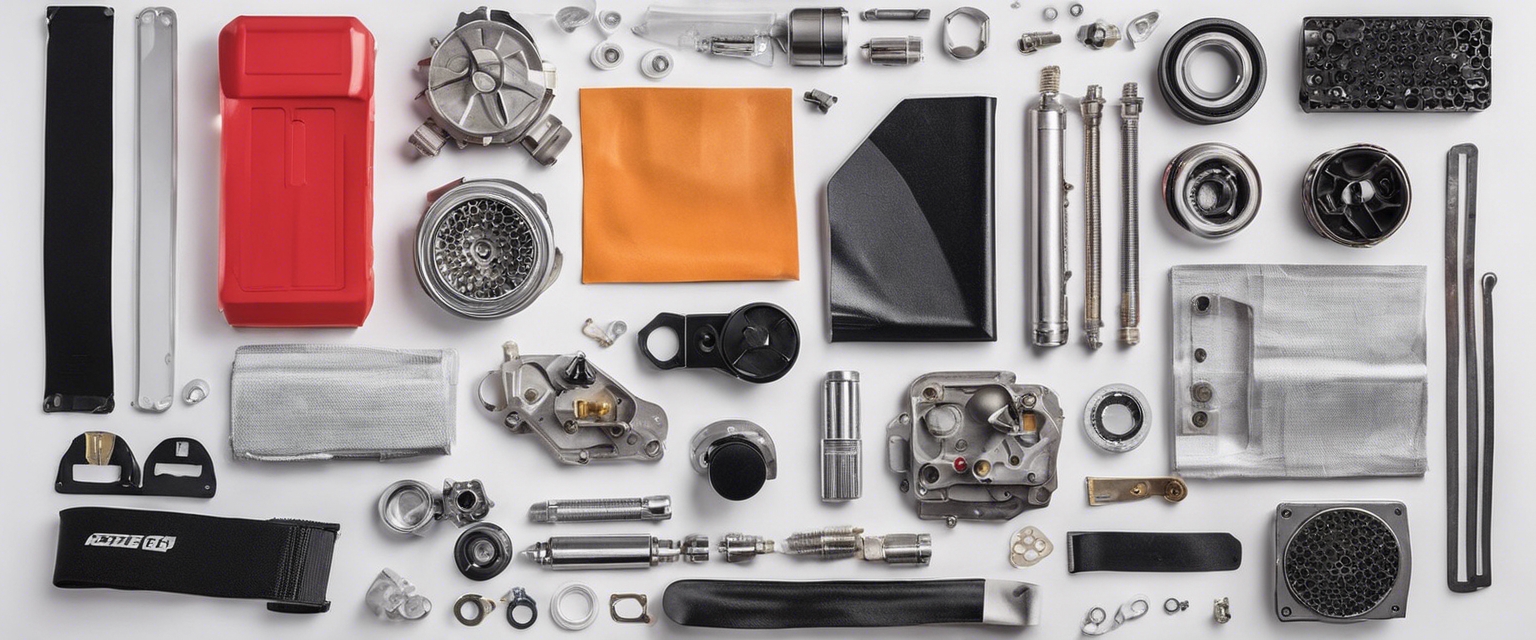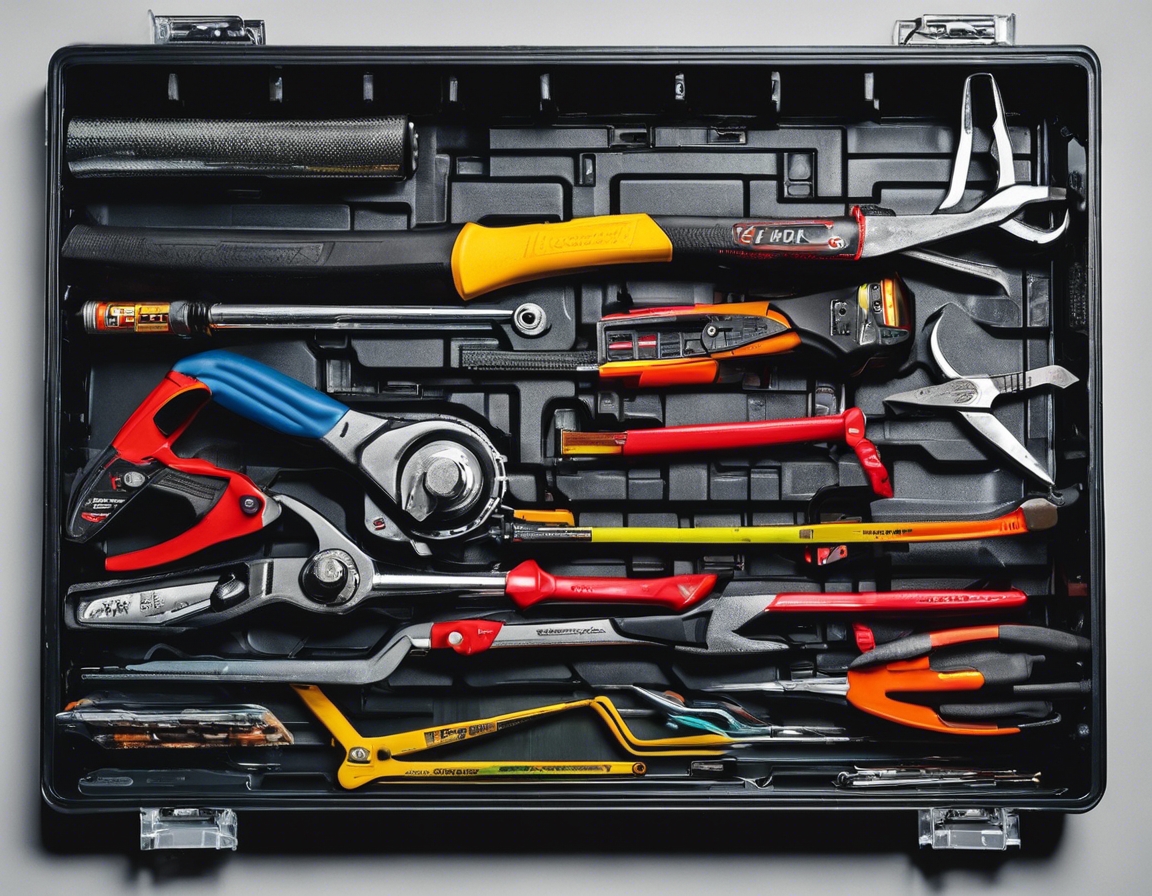The ultimate guide to energy-efficient heating
Energy efficiency in heating systems refers to the use of less energy to provide the same level of comfort and warmth in your home or commercial space. It's not just about saving money on utility bills; it's also about reducing the environmental impact of our daily activities. An energy-efficient heating system operates with a higher Annual Fuel Utilization Efficiency (AFUE) rating, meaning it converts a greater proportion of energy into heat.
As global awareness of environmental issues grows, so does the demand for sustainable heating solutions. Homeowners and commercial property managers are increasingly seeking out heating options that not only provide comfort but also align with their values of conservation and responsibility towards the planet.
Types of Energy-Efficient Heating Systems
Heat pumps are one of the most popular choices for energy-efficient heating. They work by transferring heat from the outside air or ground into your home, requiring significantly less electricity than traditional heating methods. There are various types of heat pumps, including air-source, ground-source, and water-source, each with its own set of benefits.
Solar heating systems utilize the sun's energy to provide heat. These systems can be passive, relying on the design and materials of the building to collect and distribute heat, or active, using solar panels to capture energy.
Geothermal heating systems harness the stable temperature of the earth's surface to provide heating (and cooling). They are highly efficient and can reduce energy consumption by up to 50% compared to conventional systems.
Modern high-efficiency boilers and furnaces can achieve AFUE ratings of 90% or higher. These systems use advanced technologies to burn fuel more completely, extracting more heat with less waste.
Hydronic radiant heating systems circulate hot water through pipes installed beneath the floor. This method provides even, comfortable heat that rises naturally, reducing the need for forced-air systems that can be less efficient.
Factors to Consider When Choosing a Heating System
Your local climate and geography play a significant role in determining the most efficient heating system for your property. For example, heat pumps are more effective in milder climates, while geothermal systems can be beneficial in areas with consistent ground temperatures.
The size of your building and the quality of its insulation will affect the type of heating system you should choose. A well-insulated home can retain heat better, allowing for a smaller, more efficient heating system.
Availability of energy sources in your area, such as natural gas, electricity, or solar, will influence your heating system options. Some regions may offer incentives for using renewable energy sources.
While energy-efficient heating systems can be more expensive upfront, they often lead to significant long-term savings on energy bills. It's important to consider both the initial investment and the potential savings over the lifespan of the system.
Maximizing Efficiency with Smart Thermostats and Zoning
Smart thermostats allow you to control your heating system remotely and can learn your habits to optimize heating schedules, leading to greater energy savings.
Zoning systems divide your home or building into different areas, each with its own thermostat, allowing for more precise temperature control and reduced energy waste.
Maintenance Tips for Energy-Efficient Heating Systems
Regular maintenance is crucial for keeping your heating system running efficiently. Annual inspections and tune-ups can prevent minor issues from becoming major problems.
Replacing filters and cleaning ducts are simple tasks that can have a significant impact on the efficiency of your heating system. Clogged filters and dirty ducts restrict airflow, forcing your system to work harder.
Improving insulation and sealing leaks in your building envelope can dramatically increase the efficiency of your heating system by keeping warm air in and cold air out.
Government Incentives and Rebates
Many governments offer incentives and rebates for installing energy-efficient heating systems. These programs can help offset the initial costs and make sustainable options more accessible.
Some utility companies provide rebates for customers who upgrade to more efficient heating systems. Check with your local provider for available offers.
Future of Heating: Innovations and Trends
The integration of heating systems with smart home technology is becoming increasingly common, allowing for even greater control and efficiency.
As technology advances, we can expect to see new and improved renewable energy solutions for heating, further reducing our carbon footprint and energy consumption.






Comments (0)